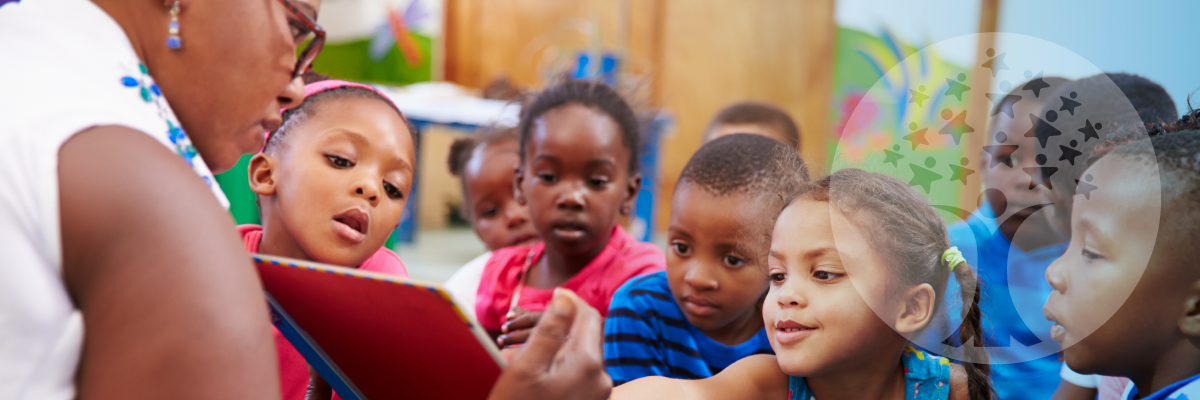The Vital Role of Play in Early Childhood Development
Play is not merely a fun activity for children but a
fundamental component of early childhood development. Research shows that play
is essential for cognitive, social, emotional, and physical growth and lays a great
foundation for lifelong learning and well-being.
·
Cognitive Development
Play is fundamentally linked to
cognitive development. According to The Education Hub, play enhances
problem-solving skills, creativity, and critical thinking through activities
like building blocks or role-playing, which lets children experiment with
different scenarios and solutions, fostering their ability to think abstractly
and understand complex concepts. The American Academy of Pediatrics emphasizes
that play supports healthy brain development by allowing children to explore
their environment, which helps strengthen neural connections.
·
Social Skills and Emotional Intelligence
Social play is crucial for
developing interpersonal skills. Engaging with peers teaches children
cooperation, communication, and empathy. As highlighted by the National
Literacy Trust, play allows children to navigate social interactions,
understand group dynamics, and develop emotional intelligence. These
interactions not only build friendships but also help children learn to manage
their feelings, resolve conflicts, and communicate effectively in every
situation they may encounter.
·
Physical Development
The physical aspect of play cannot
be overlooked. Activities like running, climbing, and jumping are essential for
developing gross motor skills, balance, and coordination. Starting Blocks
explains that active play also promotes physical health, reducing the risk of
obesity and encouraging a lifelong appreciation for movement and exercise. Fine
motor skills are enhanced through activities like drawing, cutting, or
manipulating small objects, further supporting children’s overall development.
·
Imagination and Creativity
Imaginative play is particularly
significant as it allows children to explore different roles and scenarios,
fostering creativity and self-expression. The US News & World Report states
that this type of play is instrumental in developing a child’s ability to think
outside the box and innovate. When children engage in pretend play, they are
not just having fun; they are learning to envision different possibilities and
outcomes, which is crucial for future problem-solving.
·
Learning Through Play
The concept of learning through
play has gained traction in educational settings and research indicates that
play-based learning environments can enhance academic achievement. As noted by
Raising Children, when children engage in playful learning, they retain
information better and develop a love for learning. This approach promotes
intrinsic motivation, where children are eager to explore and discover rather
than simply absorbing information passively.
·
Holistic Development
Play supports holistic development,
integrating cognitive, social, emotional, and physical growth. According to the
Northern Ireland Direct, play facilitates all areas of development, helping
children become well-rounded individuals. This integrated approach is vital in
preparing children for the complexities of adult life, where adaptability and
multifaceted skills are essential.
Conclusion
In conclusion, play is an indispensable element of early
childhood education. It fosters cognitive skills, nurtures social and emotional
development, enhances physical abilities, and promotes creativity. As educators
and caregivers, it is crucial to create environments that encourage play,
ensuring that children can thrive during these formative years. By prioritizing
play in educational programs, we can help shape resilient, creative, and
capable individuals who are ready to take on the challenges of the future. Play
is not just an activity; it is the pathway to a well-rounded, successful life.




